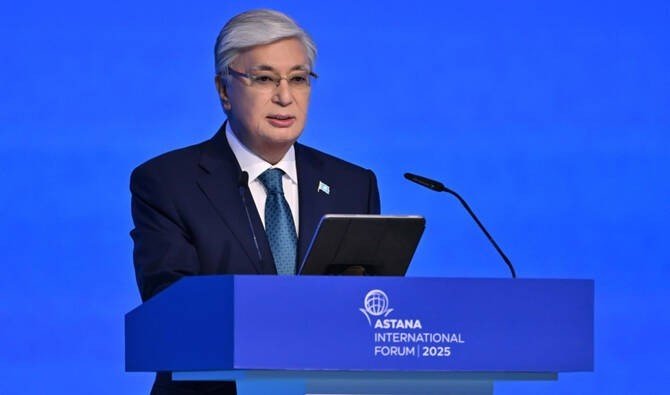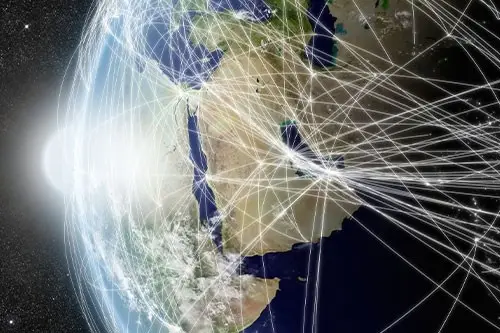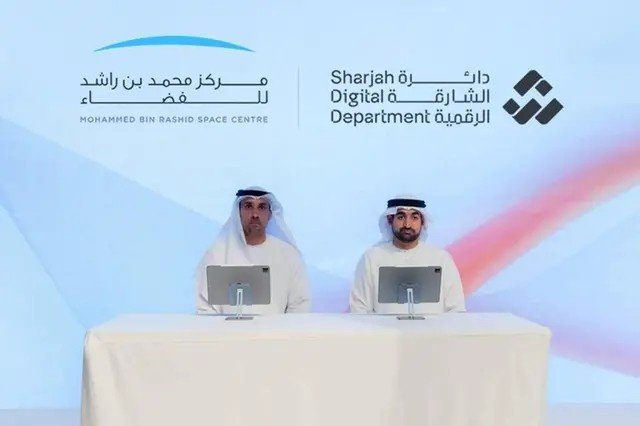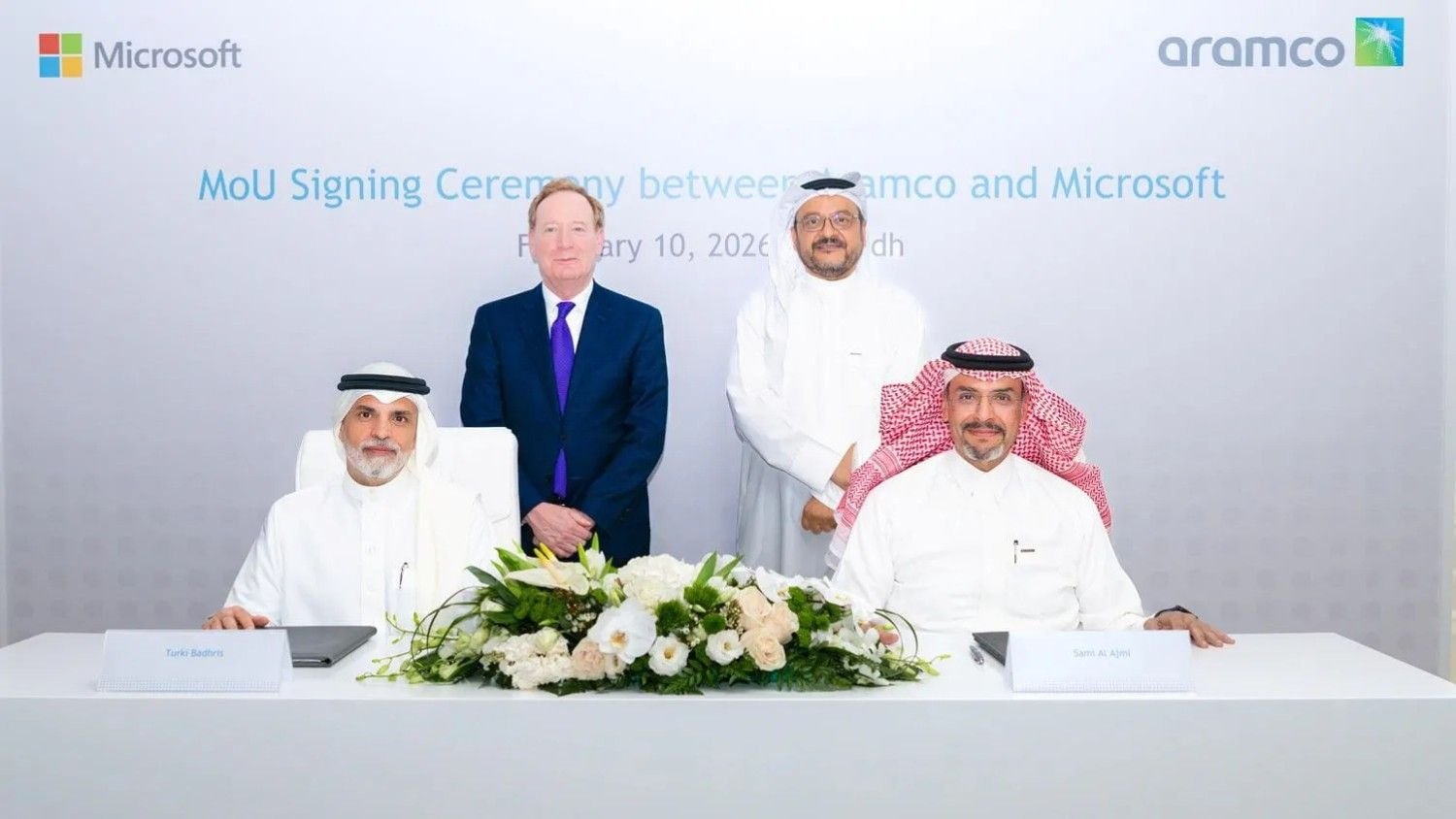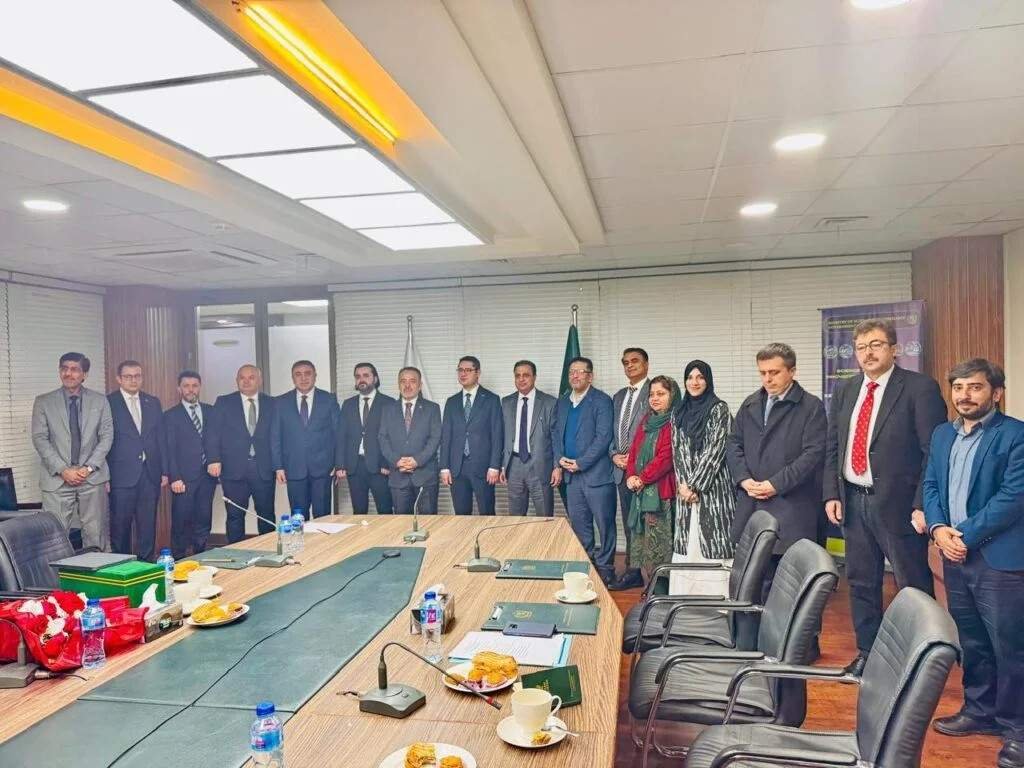Astana — The Astana International Forum, held in May, highlighted Kazakhstan’s ambitions to become a major player in logistics, technology, and energy, with the Middle East positioned as a vital partner in this growth.
Kazakhstan, the largest economy in Central Asia, offers significant global transit potential, abundant natural resources, and a growing middle class. Nurlan Zhakupov, CEO of sovereign wealth fund Samruk-Kazyna, emphasized the country’s success in attracting over $24 billion in foreign direct investment, including from Qatar and the UAE.
Middle Eastern nations are key partners, especially in oil and gas sectors, but also in emerging areas like logistics and finance. Deputy Foreign Minister Alibek Kuantyrov noted strong ongoing discussions and mutual projects with GCC countries. Notably, Qatar’s Power International Holding acquired Mobile Telecom-Service LLP, a subsidiary of Kazakhstan’s telecom giant Kazakhtelecom, for $1.1 billion earlier this year.
Samruk-Kazyna is advancing plans to double cargo volume and expand transit capacity through new ports in Asia and Europe, including one in Abu Dhabi. Together with Abu Dhabi Ports, KazMunayGas operates a fleet in the Caspian Sea, supporting the Trans-Caspian Trade Route—a modern Silk Road facilitating 90% of Chinese cargo passing through Kazakhstan.
Kazakhstan also invests heavily in digitalization and renewable energy. Minister Zhaslan Madiyev announced a new AI and cryptocurrency committee and highlighted the country’s top-10 global ranking in crypto mining. Plans include establishing a crypto-friendly “crypto city” with ATMs, exchange shops, and crypto cards.
A flagship project is the International AI Center—a 20,000 sq. meter, sphere-shaped hub focused on talent, innovation, and AI-driven economic growth. This will complement Astana Hub, an international tech park hosting 1,500 startups, with outreach extending to 20 cities worldwide including Riyadh, Saudi Arabia.
The Al-Farabi Innovation Hub in Riyadh, opened in March 2024, connects startups from Kazakhstan and Central Asia to Middle Eastern and North African markets. Additionally, Kazakhstan’s ed-tech startup CodiPlay recently partnered with Saudi Arabia’s Artificially Intelligent Learning Assistant to bring digital education to 200 Saudi schools.
Madiyev expressed optimism about Saudi investments accelerating Kazakhstan’s tech ecosystem while facilitating Saudi access to Central Asia through Kazakhstan. Another innovation hub and acceleration program are planned to open in Dubai in late 2025.
Addressing environmental concerns linked to AI and technology growth, President’s special representative Zulfiya Suleimenova highlighted nuclear power’s role in achieving a cleaner energy mix. Kazakhstan aims for 5% nuclear energy by 2035, with the first plant under construction in the Almaty region and two more planned.
A landmark renewable energy deal signed in May between Samruk-Kazyna and UAE’s Masdar, under the patronage of Sheikh Khaled bin Mohamed bin Zayed Al-Nahyan, includes a 1 GW wind farm with a 600 MWh battery system in Jambyl Region and a 24/7 renewable energy project providing up to 500 MW baseload power, aiming to generate 15% of electricity from renewables by 2030 and 50% by 2035.
Water cooperation emerged as another priority, with Kazakhstan engaging Saudi Arabia in initiatives like the One Water Summit held in Riyadh, aiming to boost political attention and financing for water infrastructure in vulnerable regions.
Biodiversity and environmental diplomacy also feature prominently, with ongoing efforts to protect falcons and eagles—species symbolic to Kazakhstan, Saudi Arabia, and the UAE.
Discussions continue with Saudi’s ACWA Power on developing a 1 GW wind energy and battery storage plant in Kazakhstan, underscoring the growing renewable energy partnership between the nations.











